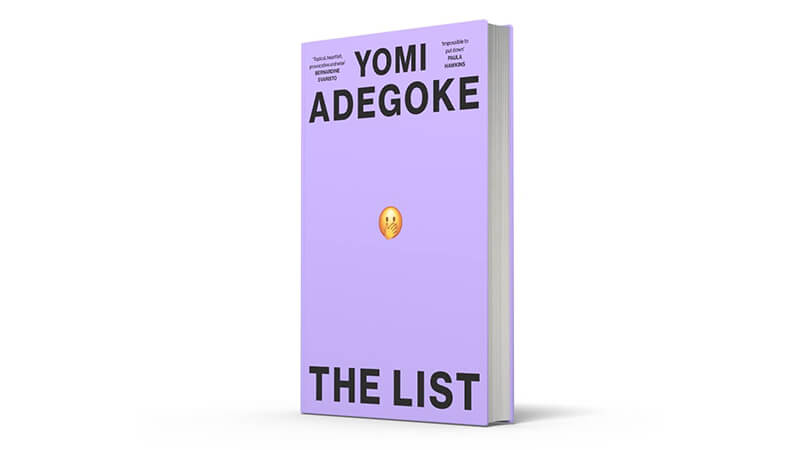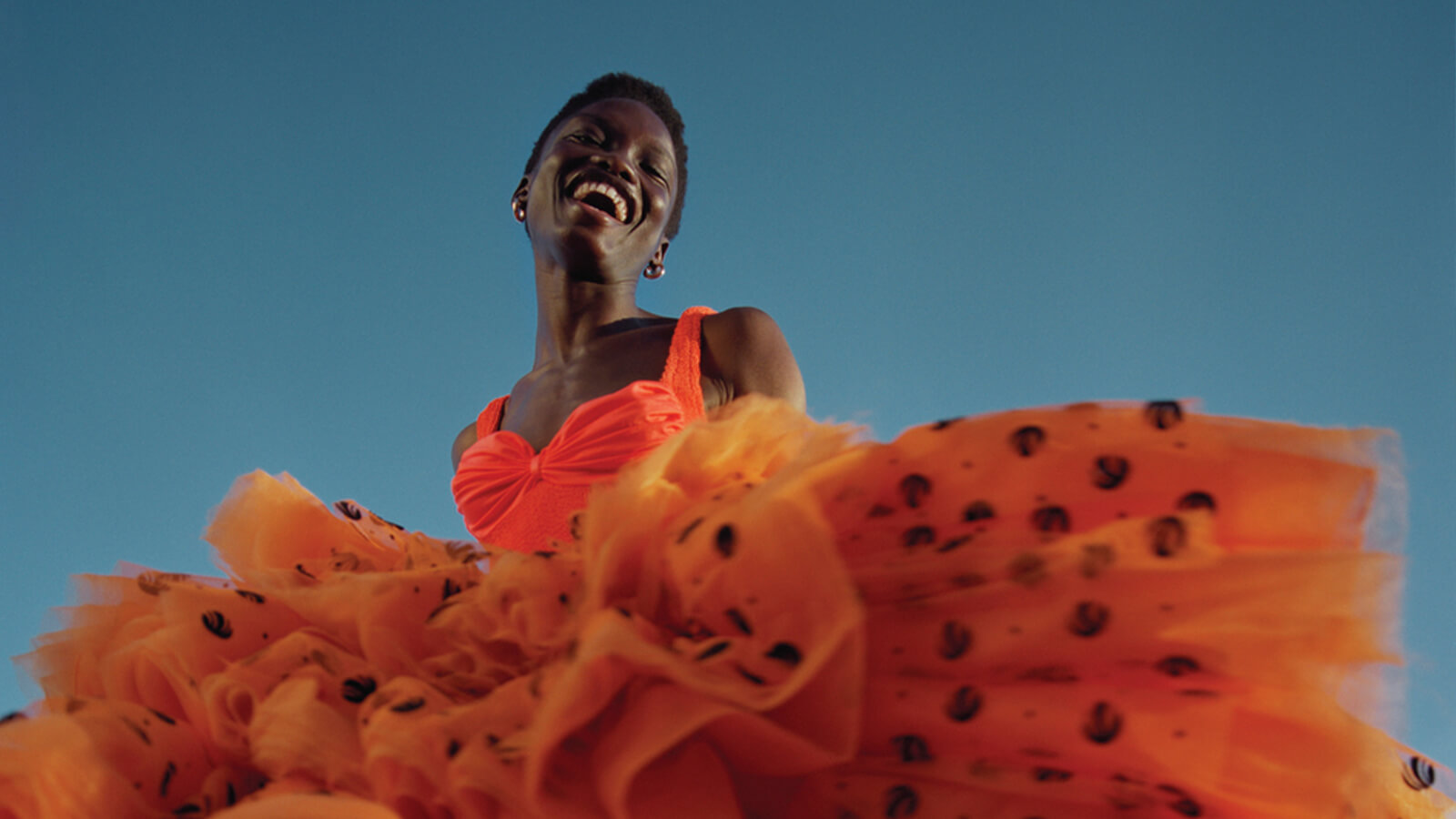“What Happens When Online Activism, Anonymity, Influencer Culture And Self-Commodification Collide?”
Yomi Adegoke is an award-winning British journalist and author. She discusses how her debut novel The List was inspired by her desire to confront the hypocrisy and polarisation of social media culture
The internet was arguably the most significant invention of the 20th century; social media, one of the most significant of the 21st. Whether they have been for the better or for the worse has been debated for almost as long as they have both existed. Because alongside the democratisation of information, we’ve seen a full-blown misinformation crisis. The blossoming of social media led to social justice movements coinciding with large-scale radicalisation. Then, lines began to blur between social justice and jungle justice, the difference between the two shrinking as screens continue to place more distance between us.

Our rapidly evolving reality is still framed in almost dystopian terms; a Black Mirror-esque future that we remain on the precipice of. For this reason, I wanted to write a book about the here and now – about what happens when online activism, anonymity, influencer culture and self-commodification collide online, as they do every day. I am a feminist writer and have been for over 10 years. I am a fierce advocate for women’s rights. I am also a journalist who’s terrified at the speed at which fake news travels in the internet age, as well as the unchecked ramifications of things said on social media. I am a politically engaged person who seeks radical change and is also mortified at the continued co-opting and weaponisation of movements for personal gain.
That is why I say my debut novel The List, while being about many things, is really a book about the internet. It would perhaps be more straightforward to say it is a book about #MeToo or ‘cancel culture’, but even these are rooted in the online world as we know it. The List is first and foremost about who we say we are versus who we really are, whether that’s publicly or privately, on or offline. It’s a book about ‘Instagram vs reality’. It’s about what humans are capable of when given the superpower of invisibility. We’d like to think we’d use it playing harmless pranks or snooping, but you simply need to take one look at a website’s comments section to see how most behave when unseen. It’s about hypocrisy, appropriation, grey areas, and the double-edged sword of online life – and like the conversations regarding these things, The List is complicated; there are no neat answers.
All too often, the hardest discussions are being had by the wrong people. Those who seek to delegitimise the lived experiences of marginalised groups and roll back rights gained. In my mind, it is of crucial importance that progressive people wrestle back difficult conversations from those who seek to sow division. I often joke that I am a habitual fence-sitter – my favourite colour should be grey, given my struggle with seeing issues as black and white. I relished writing what I believe is a layered and thoughtful novel in a time when polarisation is encouraged on social media and absolutes favoured where nuance is needed.
I wrote The List as a way of fostering debate about internet culture and accountability, what it should look like and who gets to decide. And I did so never expecting a general consensus. The disagreements, uncertainty and back and forthing are all part of it, as my motivation for writing was largely down to the lack of dialogue in this area. At least, from the voices I want to hear from. My aspiration for The List is that it starts a dialogue among these voices. Though I don’t claim it has the answers to the big questions posed, I hope it may bring us a step closer.
The List is out 20 July 2023




